Flash Sale ✨ Quechua Men’s Active Warm And Waterproof Snow Hiking 🥾 Boots SH100 👏
$40.00 Original price was: $40.00.$30.00Current price is: $30.00.
- Experience the Best Quality
- The quality you expect, the service you deserve.
- The best quality products, always.
- Safe Transactions, Happy Customers

Excellent traction. Support and protection.
—specs—
Footwear waterproofing test.n
The footwear is laboratory and field tested to ensure optimal waterproofing and breathability. First, the shoe is immersed in water while internal air pressure is applied to check that no bubbles form on the surface of the footwear. Next, shoes are fitted to a mechanical arm that simulates walking, half immersed in water so we can test that the inside remains perfectly dry.
3 levels of waterproofing.n
During the waterproofing tests, we test 3 levels of waterproofing, with 2000 flexes (approx. equivalent to a 4 km walk), 4000 flexes (approx. equivalent to an 8 km walk) and 8000 flexes (approx. equivalent to a 16 km walk). Of course, after this test or in use, the shoe regains its original waterproofing once dry.
Shoe waterproofing level.n
The boots 100 Active Warm are waterproof up to 8 000 flexes.
SNOWCONTACT technology.n
SNOWCONTACT soles are made using a special component. Designs are optimised to provide excellent all-terrain grip and maximal traction all winter long. What’s more, the SNOWCONTACT soles are more efficient than traditional soles on snow.
Field tests.
All our shoes undergo comfort and use tests carried out by users who are representative of our target market, in conditions identical to those found in typical use. Our Field Test Missions team up the product manager with people who aren’t affiliated with QUECHUA, to test, improve, and validate our products.
Measurement of the boots’ thermal insulation.
It was not previously possible to give a precise idea of the temperature at which your shoes would still insulate your feet from the cold. Now it can be done: the temperature limits for use are shown on your Quechua shoes. Using cold sensing tests while hiking and in the lab with a panel of customers, we measured the thermal resistance of our boots while active and at rest. We take into consideration the differences between men and women.
Lab tests.
Laboratory tests were conducted to test the following elements: attachment of eyelets and straps, fixtures, toxicology, UV resistance, sole and upper component abrasion, advanced ageing.
Product Testing
All our shoes are tested for wearing comfort and comfort in use by users who are representative of the target market, under the same conditions as those that will be experienced in real-life use. Our Field Test Missions team up the product manager with people who aren’t affiliated with QUECHUA, to test, improve, and validate our products.
Composition
Upper of : 70.0% Polyurethane (PU), Upper of : 30.0% Polyester (PES)rnLining and sock of : 82.0% Polyester (PES), Lining and sock of : 18.0% Polyurethane (PU)rnOuter sole of : 100.0% Rubber – Styrene Butadiene Rubber (SBR)rnWarm lining : 82.0% Polyester (PES), Warm lining : 18.0% Polyurethane (PU)
Restrictions
Not suitable for glacier hiking.
Storage Instructions
Store in a dark, dry and well-ventilated place.
Guarantee
2 Years
—/specs—
—catchline—
Comfortable and warm shoes. With their SNOWCONTACT sole, the Arpenaz 100 Warm waterproof shoe will keep you safe on all kinds of winter terrain.
—/catchline—
—features—


Warmth
Limit temperature in activity = – 11°C


Waterproof
Breathable and waterproof Novadry® membrane keeps your feet dry.


Grip
SNOWCONTACT technology: excellent adherence and grip, 4 mm studs


Cushioning
EVA midsole for added comfort when walking.


Lightweight
Just 460 g in size 8.
—/features—
—made_for—
to protect you from wintry conditions when hiking on snowy terrain. for intensive use.
—/made_for—
—videos—
p1210070,p1028466
—/videos—
| Color | Gray |
|---|---|
| Size | 6.5, 7.5, 8, 9, 9.5, 10.5, 11.5, 12, 13 |
Be the first to review “Flash Sale ✨ Quechua Men’s Active Warm And Waterproof Snow Hiking 🥾 Boots SH100 👏” Cancel reply
Related products
Hiking Clothing
Cheap 🥰 Quechua MH100, Short Sleeved Hiking T-Shirt, Men’s 👍
Camp Furniture
Hiking Clothing
Hiking Clothing
Outlet 🤩 Hiking Clothing Forclaz Trek 100 23°F Down Packable Puffer 🎒 Backpacking Jacket 🥰
Hiking Clothing
Best Sale ✨ Forclaz Trek 100, Recycled Polyester 🎒 Backpacking Liner Gloves Hiking Clothing ❤️

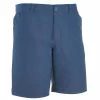

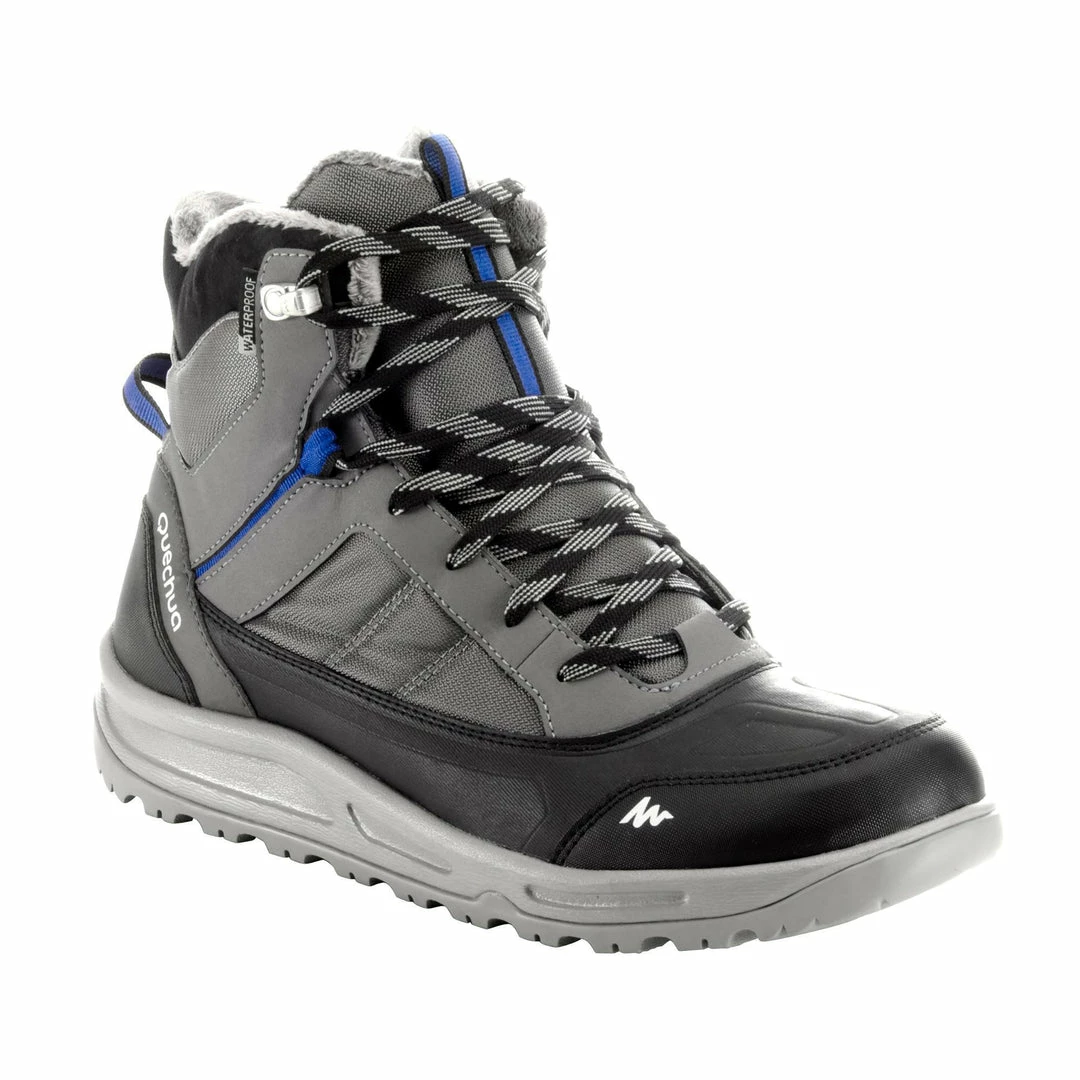
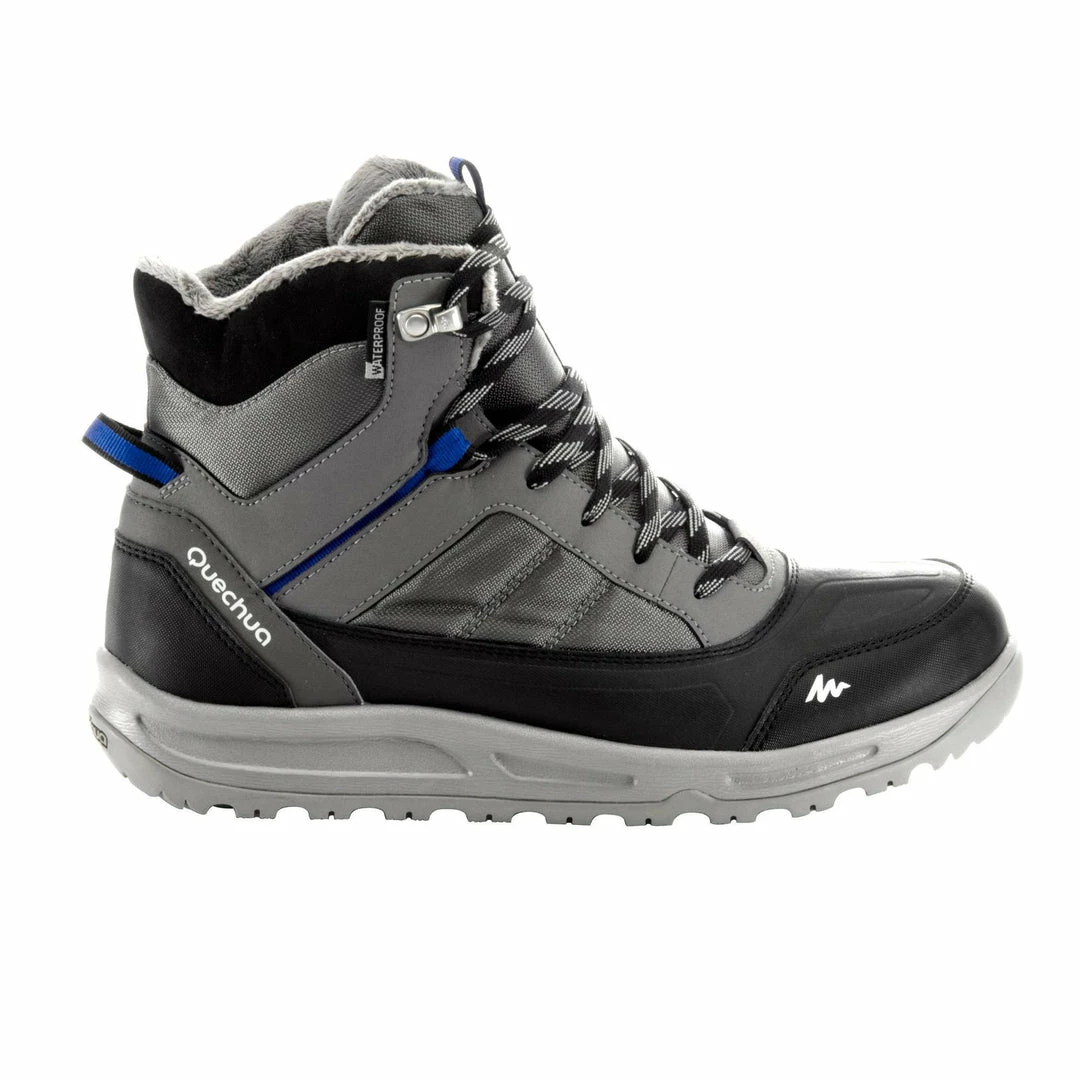
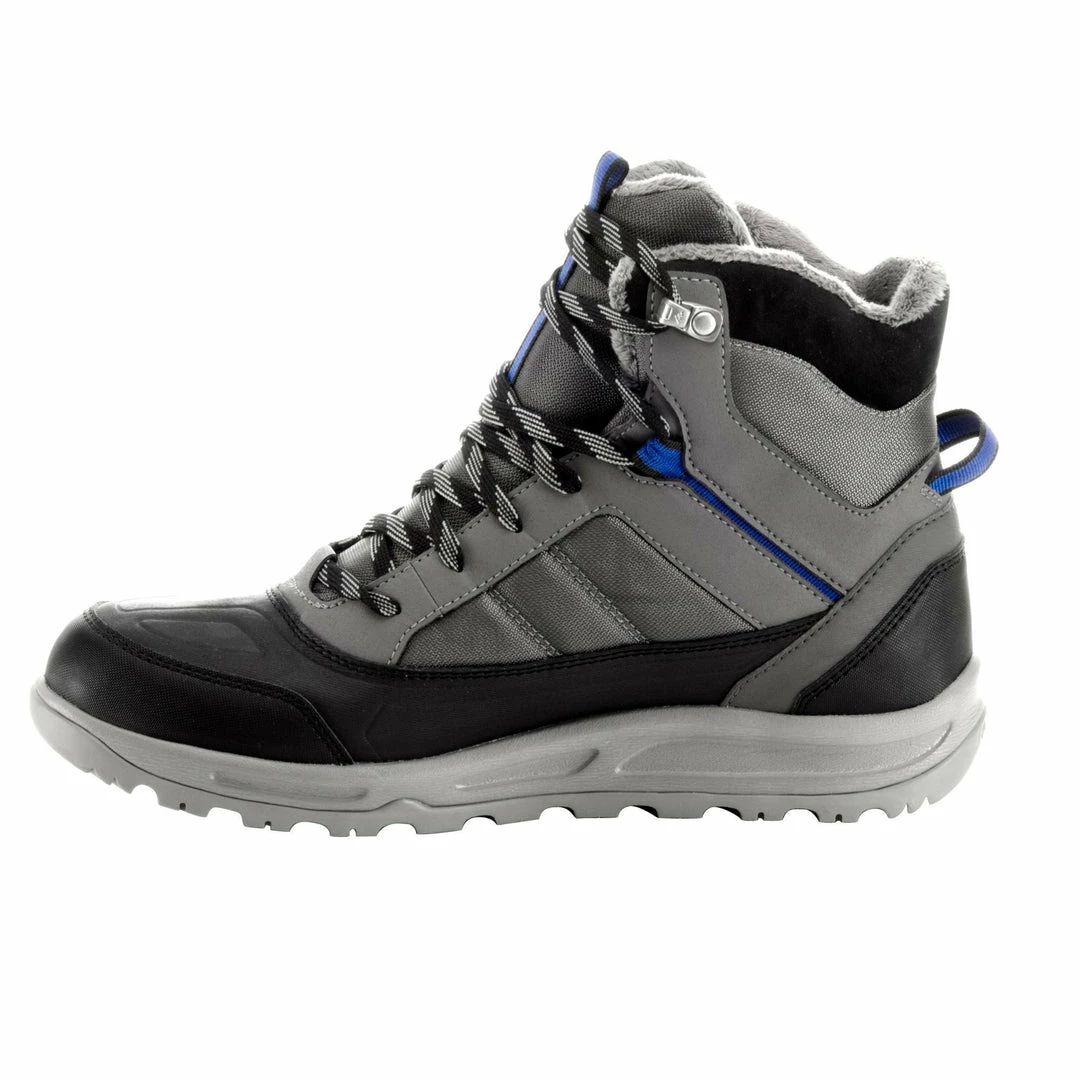
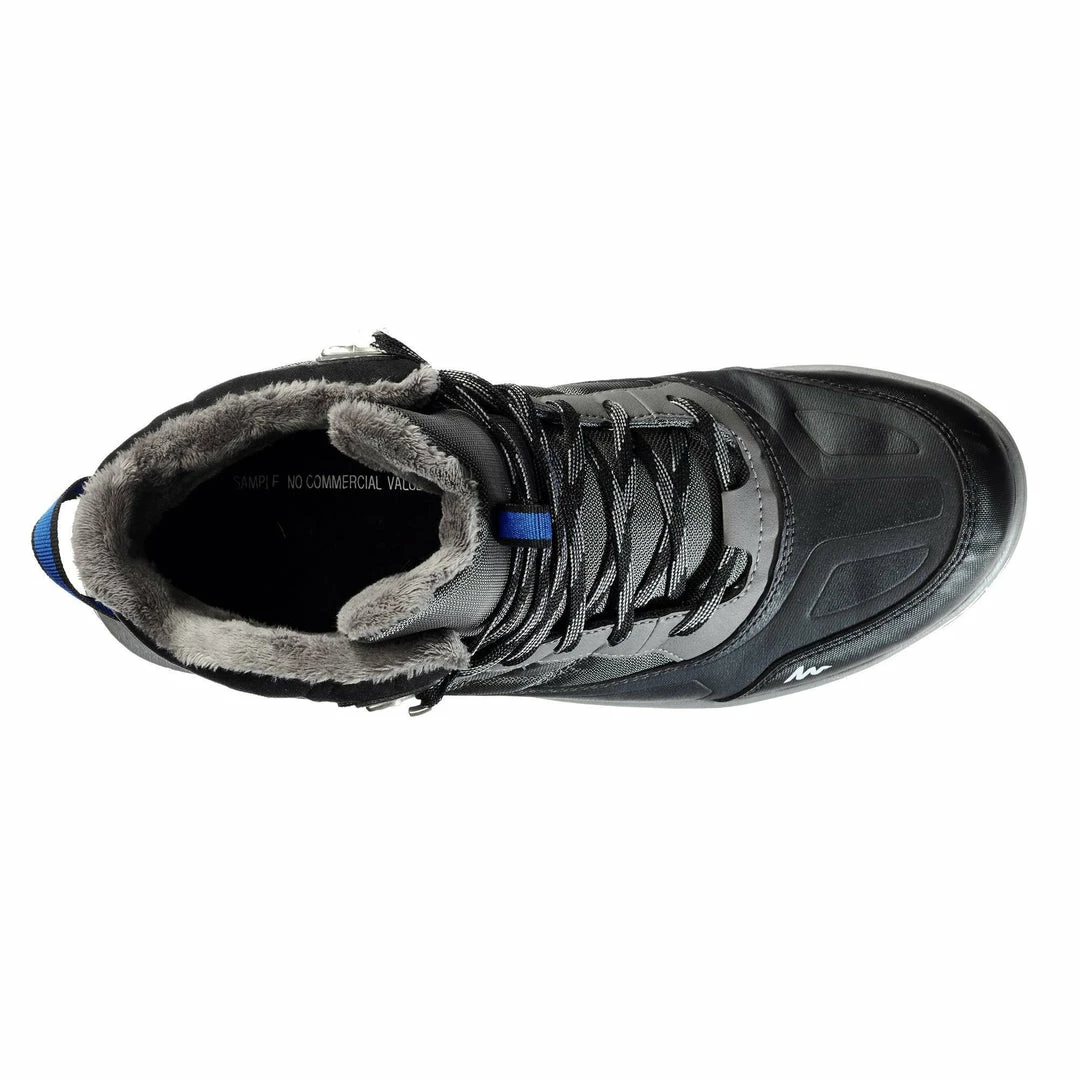

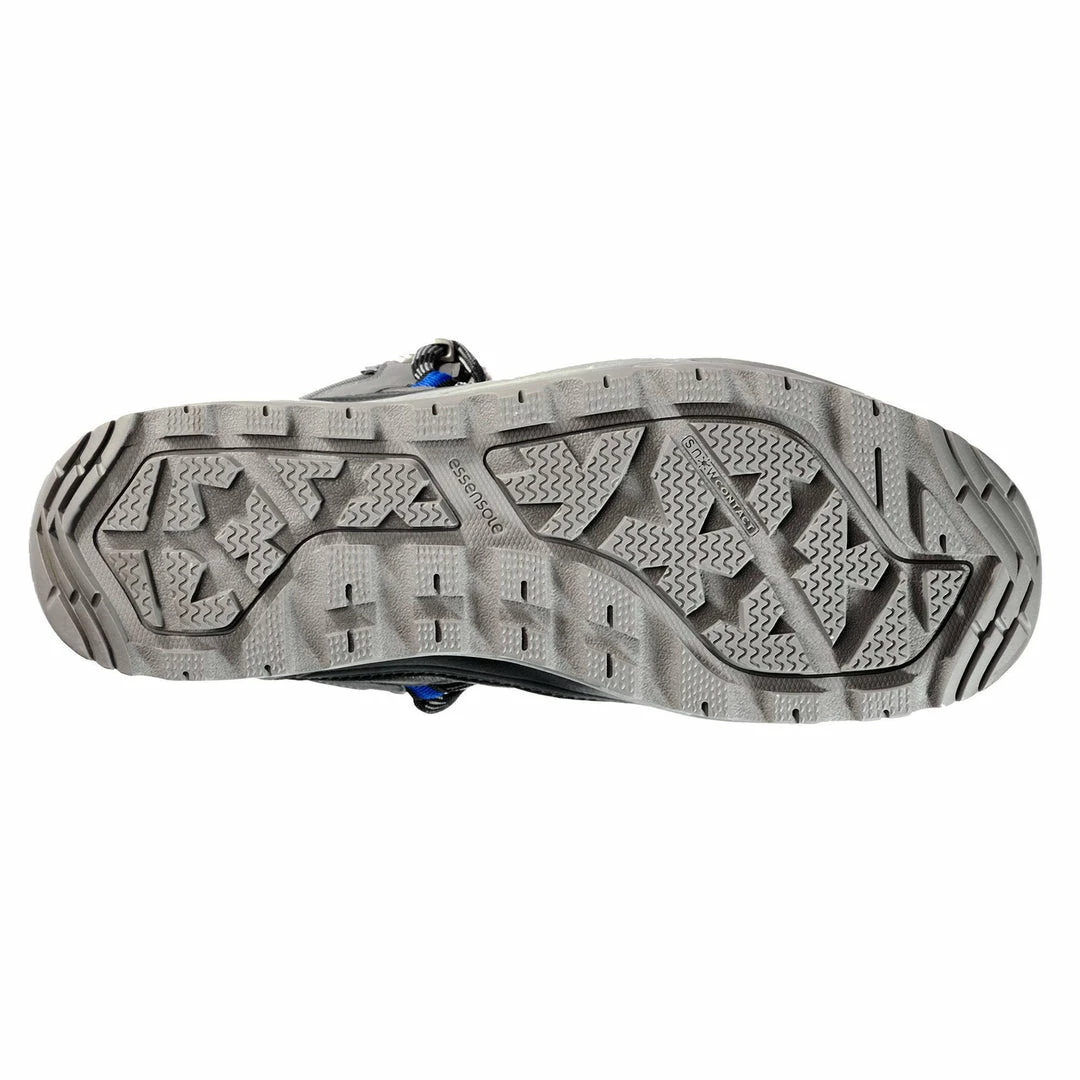

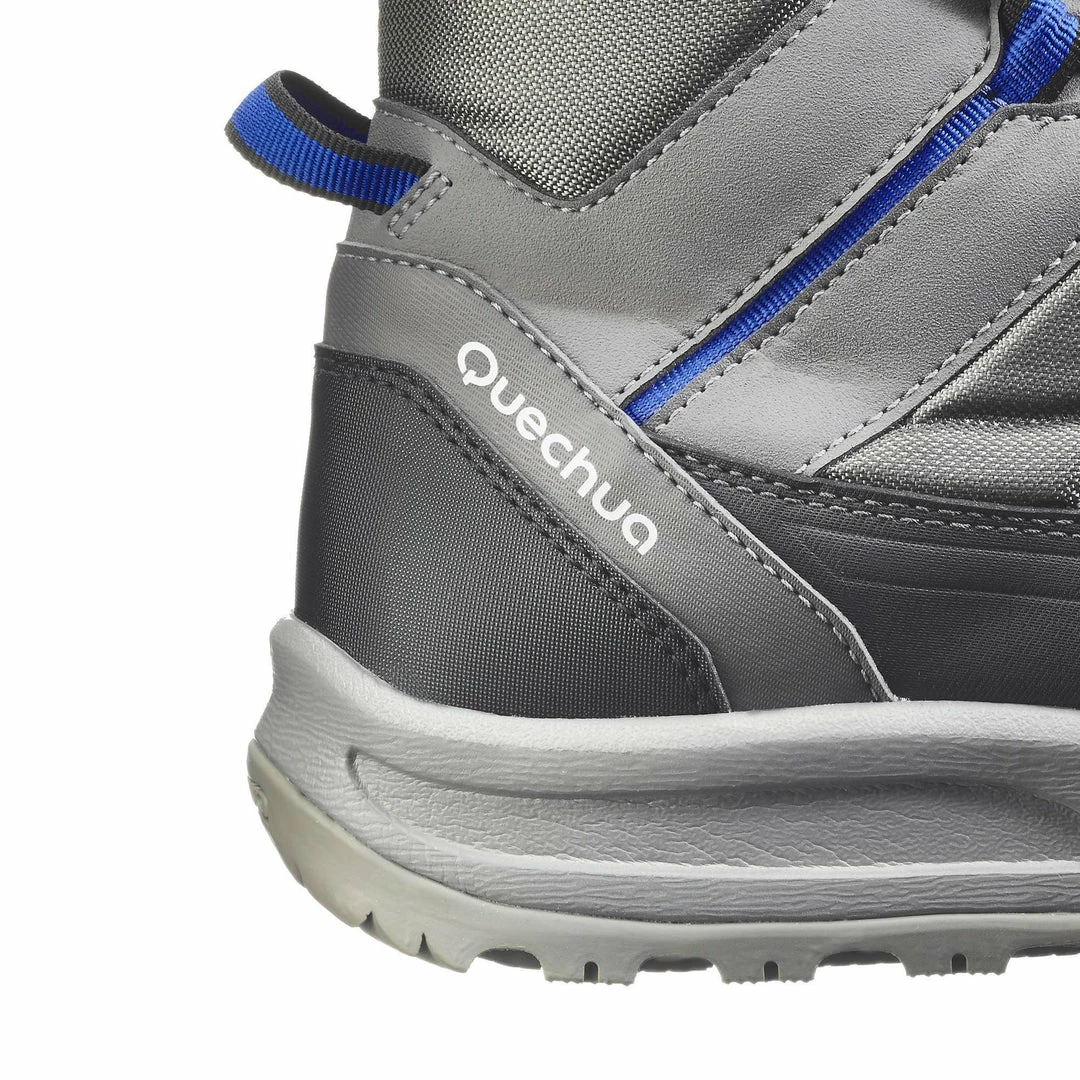
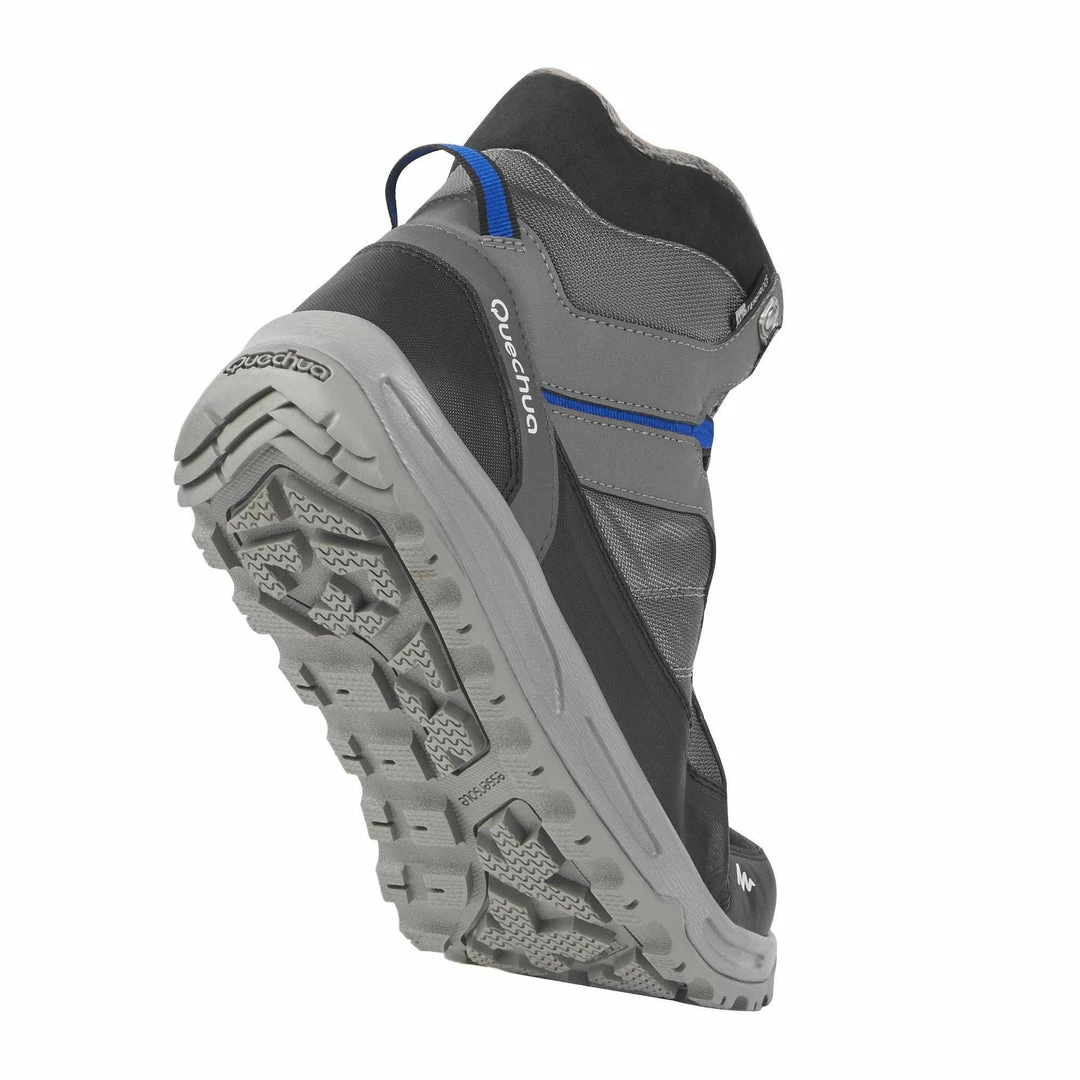
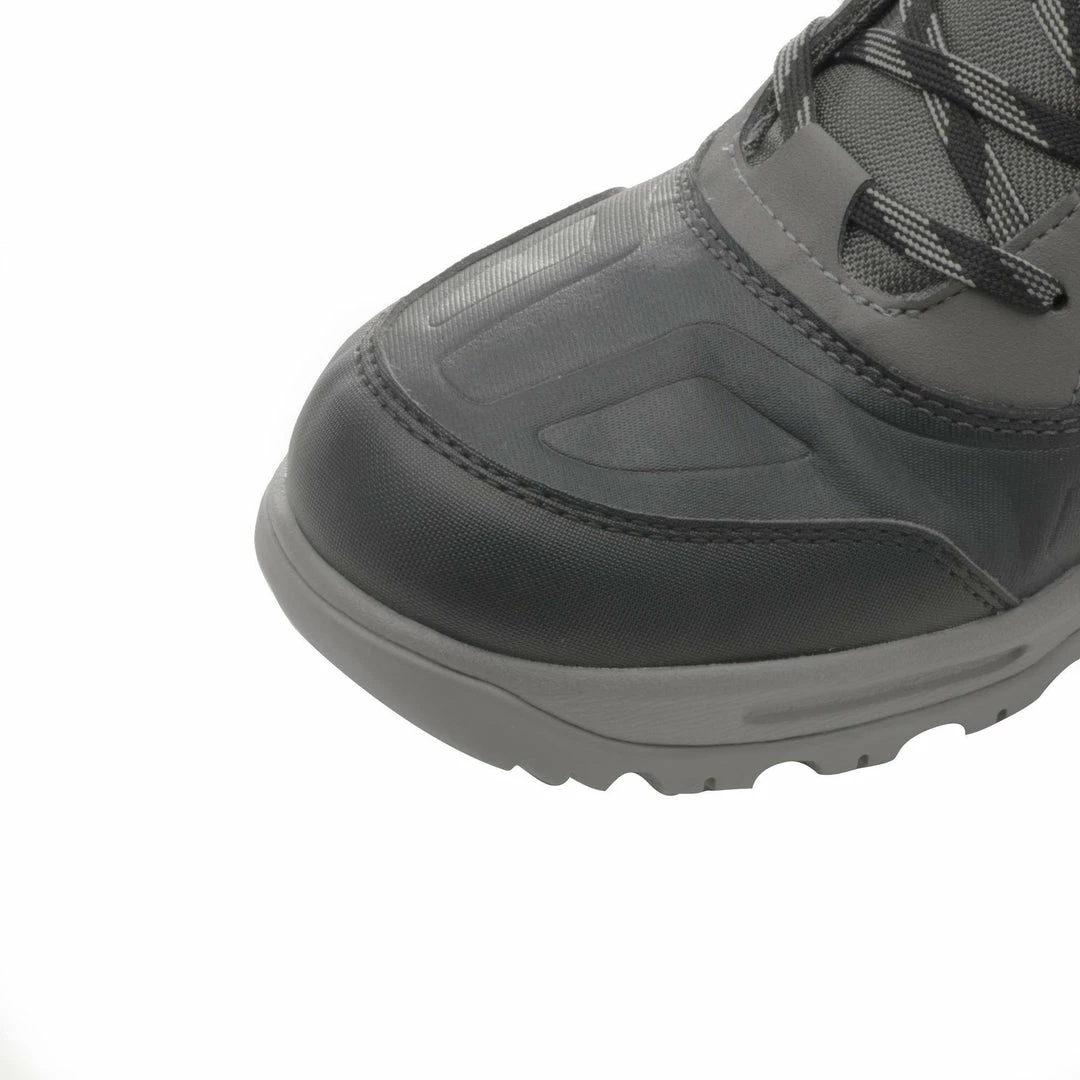
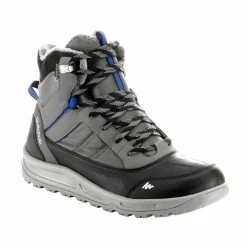
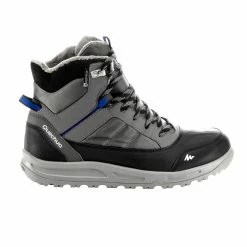
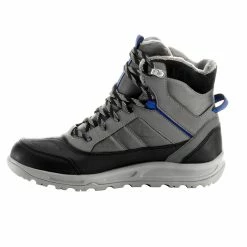
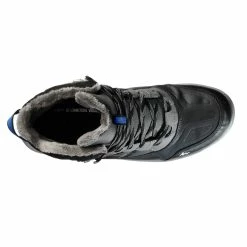
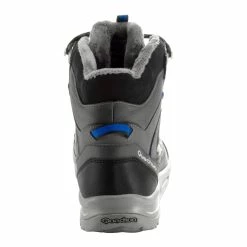
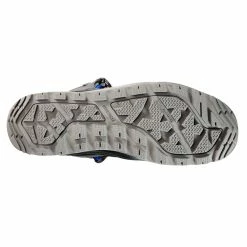
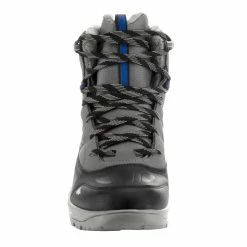
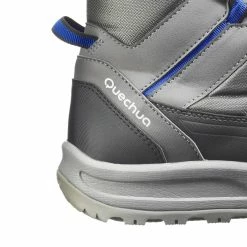
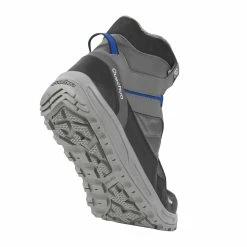
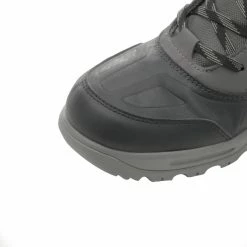

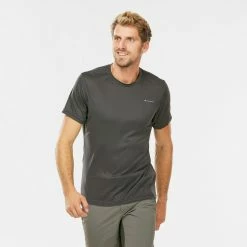




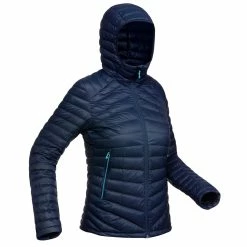
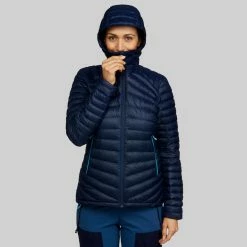
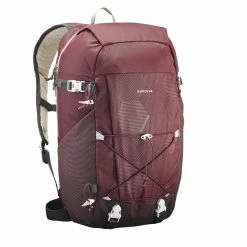
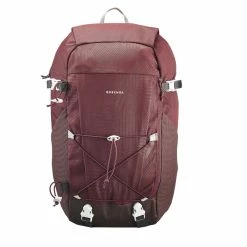

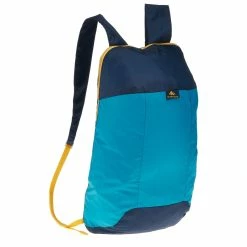




Reviews
There are no reviews yet.